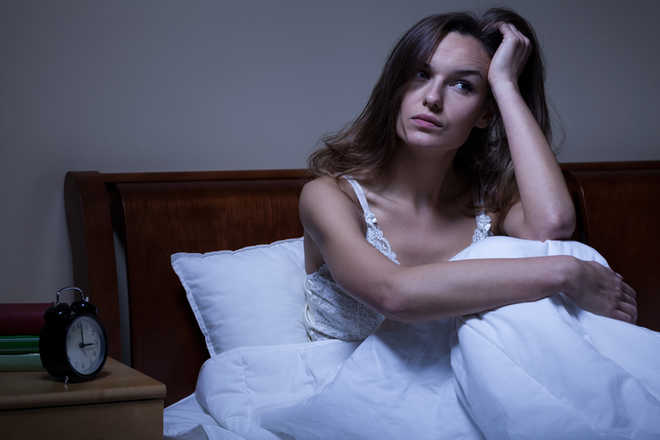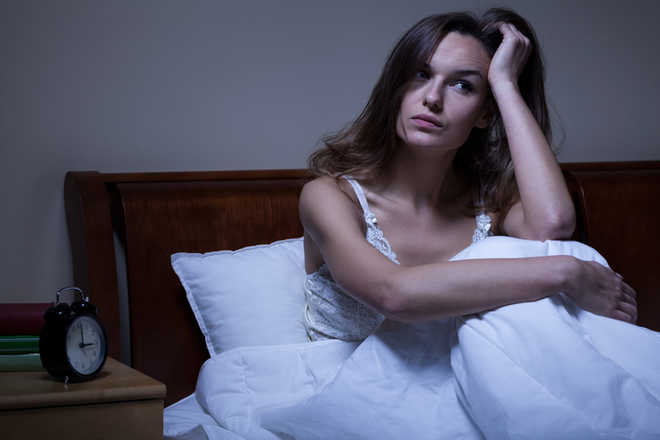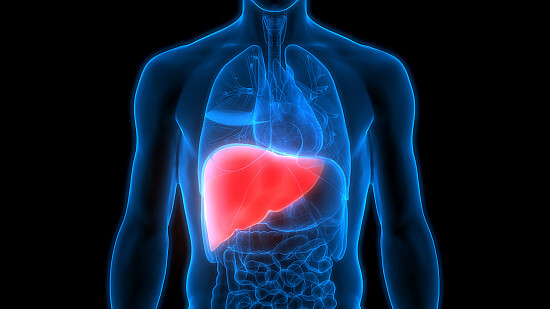Sleepless night may impair ability to recognise expressions: study
Mon 27 Mar 2017, 11:00:36
Didn't sleep well last night? Your may have a hard time identifying whether people around you are happy or sad, scientists say.
Researchers from University of Arizona in the US found people have a harder time identifying facial expressions of happiness or sadness when they were sleep deprived versus well-rested.About 54 participants, who were shown photographs of the same male face expressing varying degrees of fear, happiness, sadness, anger, surprise and disgust were studied.
Participants were asked to indicate which of those six emotions they thought was being expressed the most by each face.In order to assess participants' ability to interpret more subtle emotional expressions, the images presented were composite photos of commonly confused facial expressions morphed together by a computer program.
For example, a face might show 70 per cent sadness and 30 per cent disgust or vice versa.
Participants saw a total of 180 blended facial expressions at each testing
session.
session.
Their baseline responses to the images were compared to their responses after they were deprived of sleep for one night.Researchers found that blatant facial expressions - such as an obvious grin or frown (90 per cent happy or 90 per cent sad) - were easily identifiable regardless of how much sleep a participant got.
Sleep deprived participants had a harder time, however, correctly identifying more subtle expressions of happiness and sadness, although their performance on the other emotions was unchanged.
When participants were tested again after one night of recovery sleep, their performance on happiness and sadness improved, returning to its baseline level, researchers said.
"While the difference in performance was not overwhelming, it's enough that it could have a significant impact in critical social interactions, said William DS Killgore of University of Arizona.
The study was published in the journal Neurobiology of Sleep and Circadian Rhythms.
No Comments For This Post, Be first to write a Comment.
Most viewed from Health
AIMIM News
Latest Urdu News
Most Viewed
May 26, 2020
Do you think Canada-India relations will improve under New PM Mark Carney?
Latest Videos View All
Like Us
Home
About Us
Advertise With Us
All Polls
Epaper Archives
Privacy Policy
Contact Us
Download Etemaad App
© 2025 Etemaad Daily News, All Rights Reserved.
































